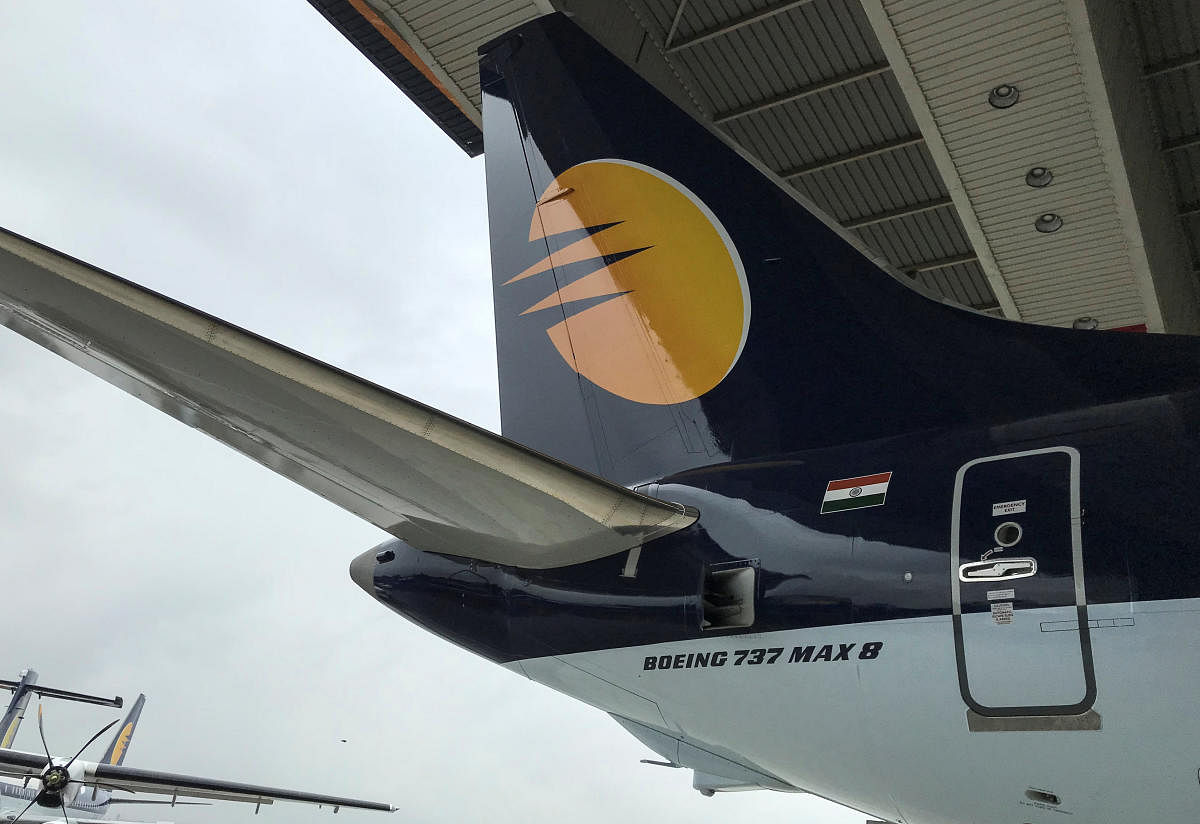
Sunday’s Ethiopian Airlines crash in which 157 persons lost their lives is the second worst air accident since the start of the year. It is the second time within five months that a Boeing 737 Max 8 aircraft has crashed within minutes of take-off. Another aircraft operated by Lion Air of Indonesia had crashed over the Java Sea last October, killing 189 people. The similarities between the two crashes have raised questions about the aircraft. Both were new aircraft and went down after take-off in clear weather. The pilots were well experienced. Investigations are on to find out the exact cause of the crashes. The black boxes of both the aircraft have been recovered and the data from them is being analysed and compared. It may take some time to arrive at conclusive results, but the similarities have led to apprehensions and a note of caution in the aviation world.
The doubts about the aircraft and the consequent actions after the crashes have the potential to disrupt the world’s aviation business. There are about 350 Boeing 737 Max 8 aircraft in operation worldwide. A large number of countries including India, China, the UK, Australia, Germany and France have grounded the aircraft, apart from Indonesia and Ethiopia. Some others are considering similar action. About 40% of the aircraft have been grounded till now. China alone has a fleet of 97 aircraft. Such a large number of aircraft going out of operations will badly affect the aviation sector. Boeing at present has about 4,500 orders for new aircraft. The Boeing 737 Max 8 is projected to be the mainstay of most airlines for medium distance operations in the near future. If it is not cleared of the safety concerns which have arisen now, many airlines will be in serious difficulty. Passengers in many countries have already expressed their fears through social media and other platforms and refused to travel by the aircraft. The world aviation sector will face some turbulence till the time the issue is cleared.
India has also grounded the aircraft. But the matter should have been handled quicker and better. There were 17 Boeing 737 Max 8 in operation in India. After the crash, the Directorate-General of Civil Aviation (DGCA) issued only an advisory laying down some minimum flying hours for pilots of the aircraft and mandating equipment checks before flights. The DGCA had to pressed into grounding the aircraft by public pressure and the civil aviation ministry. It has said that passenger safety remains its top priority and the planes will remain grounded till that is ensured. But that should have been its first response.